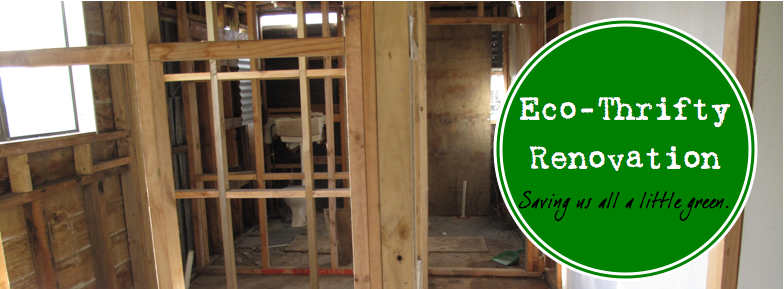This is an article I wrote for the newsletter for our local currency. I have found many similarities between my research in transformative learning in science education and what I read in articles such as the one referenced in the article below.
In a nutshell, new learning seems to happen most when the learner recognizes the relevance of that new learning. The recognition of relevance can be brought on by a crisis, as in the article referenced below. These combined can lead to a transformative learning experience, the result of which may be - you guessed it, as shown in the article referenced below - a greater capacity for resilience in the learner.
Peace, Estwing
The warnings continue to come from Internet prophets
like Nicole Foss and Guy McPherson. Although they spoke their words of warning
in Whanganui in April and July respectively, their presence on the web remains
constant. These modern day Cassandras speak of a future yet unseen, yet if we
turn to Greece we may be able to see that future happening now. I read an
excellent article from Reuter’s news service about a group of young people who
fled Athens to start an eco-village/commune in the countryside. The article can
be found on the 30th of August, 2012.
For me, highlights of the article include the
following passages:
The commune is one of several ecological initiatives
that have benefited as the debt crisis forces Greeks to rethink their way of
life - especially the big-spending, consumerist urban lifestyle partly blamed
for bringing Greece to the brink.
"As a general trend, the crisis for several
people was an opportunity to change the way they think and try to be organized
in a different way," said Theocharis Tsoutsos, professor at the Technical
University of Crete who has studied sustainable energy projects.
"For instance, doing things on a smaller scale,
creating their own garden, or trying to promote ecological issues on a small
scale, or promoting low-cost agricultural initiatives."
The commune would have found few willing takers among
Greeks riding high on an economic boom a decade ago. "People then were
more interested in their welfare, making money, the stock market. These people
would have been laughed at - Greek society was not ready to hear this kind of
message," he said, adding that other, less developed eco-communes have
also sprung up in Greece in recent years.
"Now it's really relevant. It goes to the core -
every Greek knows someone who is moving to these practices."
My question is, how many people who scoff at REBS now will
join it enthusiastically if (when
according to Foss and McPherson) high unemployment and austerity come to
Whanganui?

No comments:
Post a Comment